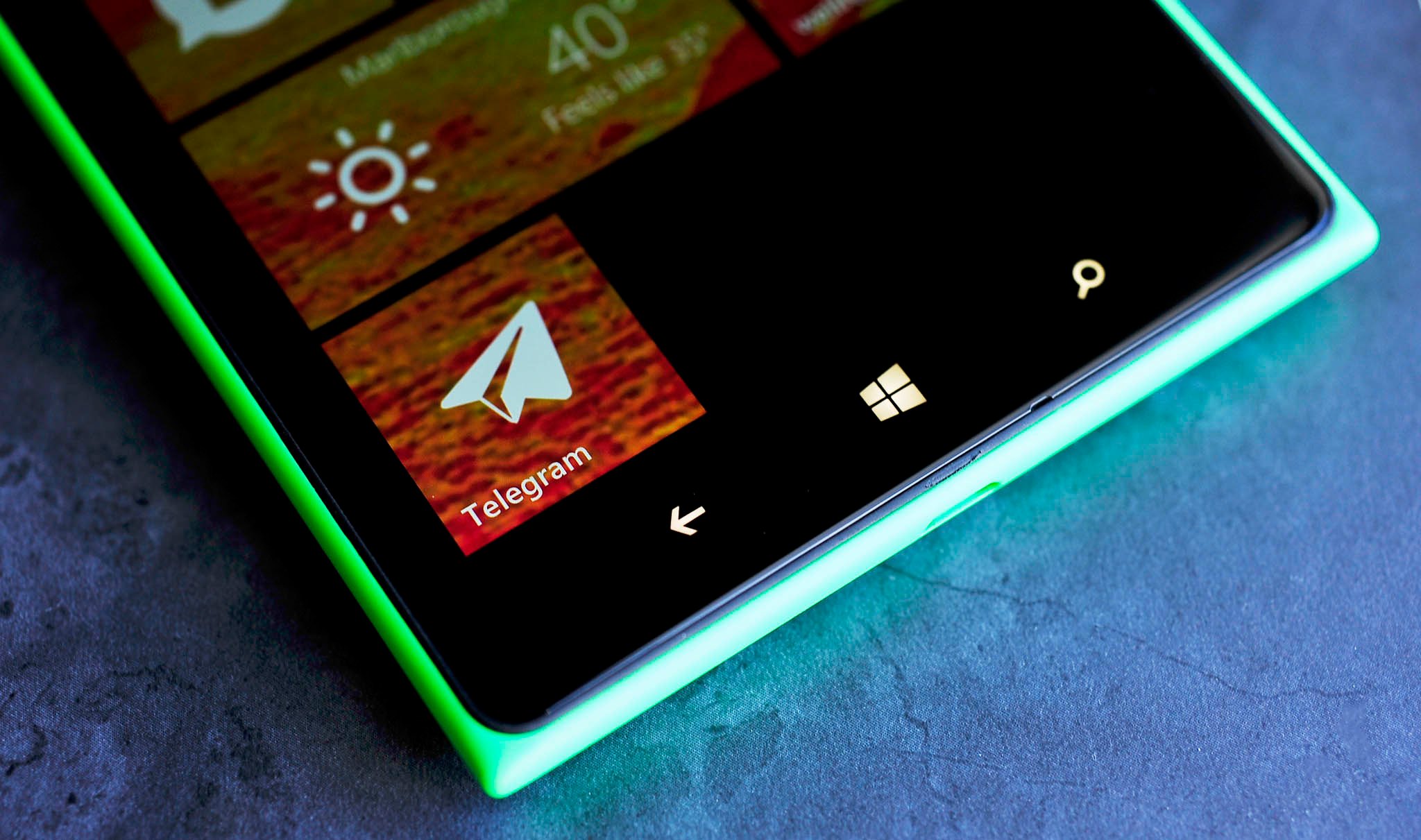Telegram Messenger Beta is popular in South America, rolls out update to fix scaling issues

The crew at Telegram Messenger Beta have noted a massive increase in popularity in South America, which is why they've rolled out an update that allows the service to scale in the region. The sudden increase in users has to do with a ban imposed on WhatsApp in Brazil on February 27 over violent images shared on the network.
A Brazilian judge called a ban on WhatsApp after it was revealed that the service failed to assist law enforcement officers in an ongoing investigation. The ban is yet to go into effect as it is currently being appealed by carriers in the country. The crux of the issue is that WhatsApp was unwilling to provide government officials with conversation transcripts. Even if it was legally ordered to do so, the service's end-to-end encryption means that only the intended recipients have access to conversations.
All of this has played into the hands of Telegram Messenger, with the service witnessing a massive influx of new users in Brazil:
2 million new signups from Brazil in the last 20 hours. Currently signing up 100 new users per second.2 million new signups from Brazil in the last 20 hours. Currently signing up 100 new users per second.— Telegram Messenger (@telegram) February 26, 2015February 26, 2015
Version 1.5.0.0 isn't going to add a host of new features, with the focus on improving scaling issues for South American users. Here's what the changelog has to say about the update:
- Performance update to help scaling due to the sudden and massive spike of popularity in South America.
The messaging service has picked up several updates over the course of the last 30 days that saw the introduction of notification muting, easier document management in chats and more.
Download Telegram Messenger Beta for Windows Phone

Thanks to everyone who sent this in!
Get the Windows Central Newsletter
All the latest news, reviews, and guides for Windows and Xbox diehards.

Harish Jonnalagadda is a Senior Editor overseeing Asia for Android Central, Windows Central's sister site. When not reviewing phones, he's testing PC hardware, including video cards, motherboards, gaming accessories, and keyboards.